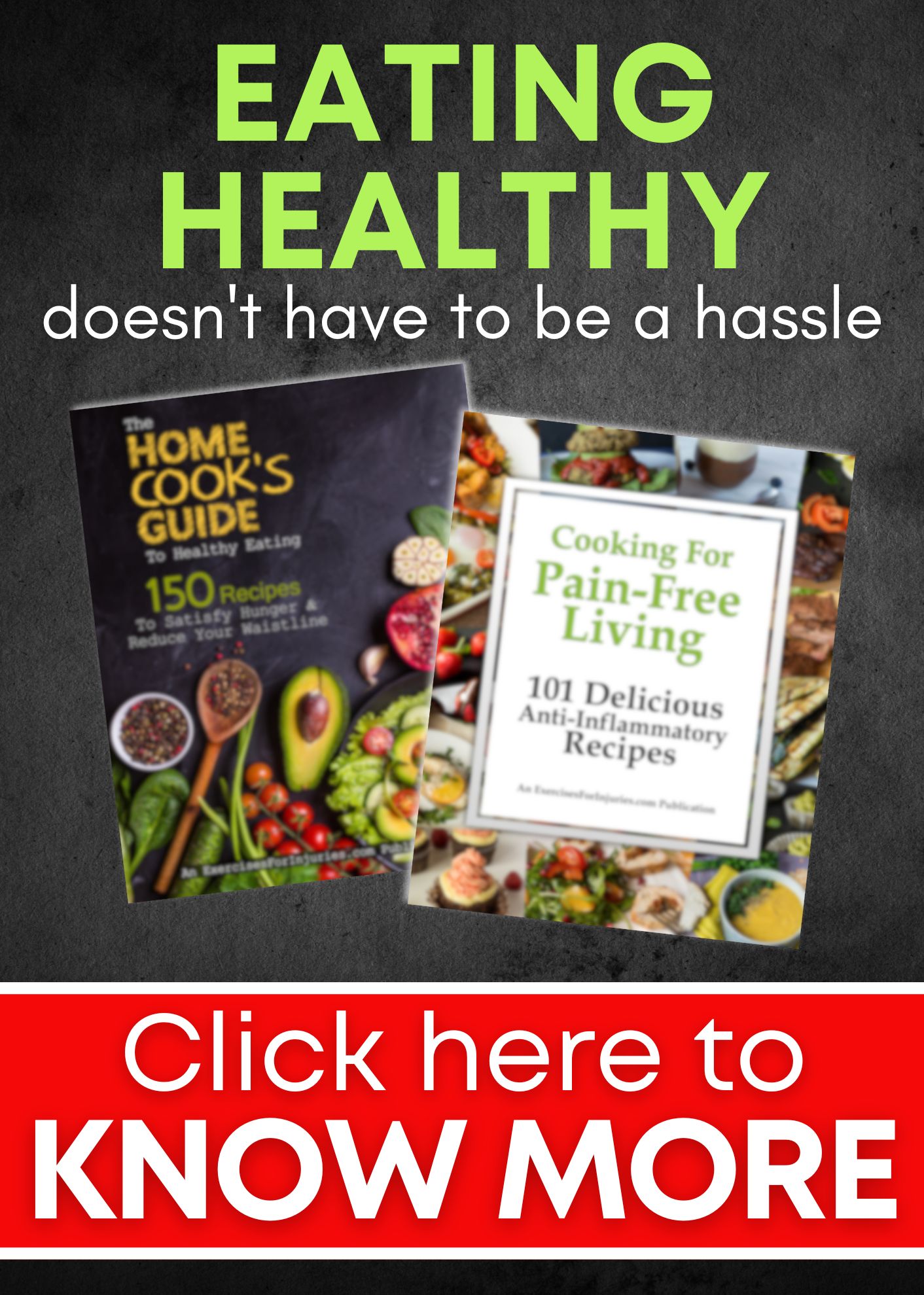Embrace A Breath Of Fresh Choices Nourishing Your Body With An Asthma Diet

Last updated on May 29th, 2025 at 11:01 pm
Living with asthma requires a person to make necessary changes and discover ways to lead a healthy and fulfilling life. It is all about finding your unique path to wellness. Asthma Diet is one of many ways to help combat asthma. An asthma diet is a dietary approach that aims to manage and reduce asthma symptoms, a chronic respiratory condition characterized by airway inflammation and narrowing of the airways. While diet alone cannot cure asthma, certain foods and nutrients may help support lung function and reduce inflammation, improving asthma control and reducing the frequency and severity of symptoms.
Understanding Asthma And Its Dietary Implications
Asthma is a persistent respiratory illness that affects millions of people globally. It is a condition that results in inflammation and constriction of the airways, which can make breathing challenging. However, many people may not be aware that their diet can significantly impact their condition. Understanding the dietary implications of asthma can help individuals manage their symptoms and enhance their overall quality of life.
One vital dietary implication of asthma is the need to maintain a healthy body weight. Being overweight or obese can worsen asthma symptoms by putting extra pressure on the lungs, making breathing challenging. Moreover, consuming a balanced diet rich in fruits, vegetables, whole grains, and lean protein can assist individuals to maintain a healthy weight and lessen their chances of asthma-related complications.
Another dietary implication of asthma is to avoid certain foods that can trigger an allergic reaction or worsen symptoms. Common food allergens such as peanuts, tree nuts, shellfish, and dairy products can cause an allergic reaction in some people with asthma. It is crucial to identify any food allergies and avoid those foods to prevent an asthma attack. Additionally, some people with asthma may be sensitive to sulfites, which are commonly found in wine, dried fruit, and processed foods. Avoiding sulfites can also help manage asthma symptoms.
Key Principles Of The Asthma Diet
It's crucial to note that individual responses to specific foods can vary, and not all asthma patients will benefit from the same dietary changes. Consulting with a healthcare professional or registered dietitian is certainly recommended to develop a personalized asthma management plan that considers one's specific needs, allergies, and potential drug-nutrient interactions.
The key principles of an asthma diet involve consuming a well-balanced, nutrient-rich diet while keeping away from potential triggers that can worsen asthma symptoms. Here are some key principles:
1. Anti-Inflammatory Foods
Inflammation is a major factor in asthma symptoms. Therefore, including anti-inflammatory foods in your diet can help reduce inflammation and improve your overall health.
Foods high in omega-3 fatty acids, such as salmon, sardines, and flaxseed, are excellent anti-inflammatory foods. Other anti-inflammatory foods include leafy greens, berries, and nuts.
2. Avoid Trigger Foods
Certain food affects or can trigger asthma symptoms in some people. Common trigger foods also include dairy products, eggs, shellfish, peanuts, and tree nuts. If you notice that certain foods trigger your asthma symptoms, it's best to avoid them altogether.
3. Eat A Balanced Diet
A well-balanced diet that includes plenty of fruits and vegetables, whole grains, lean protein, and healthy fats is important for overall health and well-being. This type of healthy diet can indeed help reduce inflammation in the body, incorporating some breathing stretches to improve lung function.
4. Stay Hydrated
Drinking plenty of water is certainly important for everyone, but it's especially important for those with asthma. Water also helps keep mucus membranes moist, which can help reduce asthma attacks.
5. Limit Salt Intake
Excessive salt intake can lead to fluid retention in the body, making breathing more difficult for people with asthma. It's certainly important to limit your salt intake by keeping away from processed foods and adding salt sparingly to your meals.
Sample Meal Plans And Recipes
While I can provide some general guidelines for a diet meal plan for asthma patients, it's important to note that individual needs and personal choices may vary. Moreover, it is advised to consult with a healthcare professional or a registered dietitian who can create an individualized meal plan based on specific dietary requirements and medical history.
Here's an example of a sample diet meal plan for asthma patients:
A. Breakfast
- Oatmeal with almond milk, walnuts, and berries
- Whole grain toast with avocado and sliced tomato
- Green smoothie with spinach, banana, and almond butter
B. Lunch
- Grilled chicken breast with roasted sweet potatoes and green beans
- Quinoa salad with cucumber, tomato, and lemon vinaigrette
- Lentil soup with whole-grain bread
C. Dinner
- Grilled salmon with roasted asparagus and brown rice
- Stir-fry with tofu, broccoli, bell peppers, and brown rice
- Baked sweet potato topped with black beans, salsa, and avocado
D. Snacks
- Apple slices with almond butter
- Carrots and hummus
- Greek yogurt with berries and honey
When cooking at home, try to include anti-inflammatory ingredients such as turmeric, ginger, garlic, and omega-3-rich foods like salmon and chia seeds.
Here are some recipe ideas:
- Turmeric-roasted chicken thighs with roasted vegetables
- Ginger miso soup with tofu and bok choy
- Garlic mashed sweet potatoes with grilled chicken breast
- Chia seed pudding with berries and almond milk
It's important to note that this is just an example, and portion sizes should be changed based on individual calorie and nutrient requirements. Also, be sure to drink plenty of water throughout the day to stay hydrated. Remember that everyone's asthma triggers may be different. In addition, it is also important to work with your doctor or a registered dietitian to create a personalized meal plan that works for you. Therefore, keep a food diary to track your symptoms and identify any trigger foods.
Seeking Professional Guidance
When seeking qualified professionals who can provide expert advice on an asthma-specific diet plan, consider the following resources:
1. Registered Dietitians
Registered Dietitians (RDs) are trained healthcare professionals specializing in nutrition. They can offer personalized advice and create an asthma diet plan based on your individual needs and choices. You can find a registered dietitian near you through directories provided by professionals or your country's dietetic association.
2. Allergologists/Immunologists
Allergologists or immunologists are medical doctors who specialize in diagnosing and treating allergies and asthma. They can provide comprehensive care for asthma and may have insights or recommendations regarding an asthma-specific diet plan. Consult your primary care physician or search for local allergists/immunologists through professional medical associations or directories.
3. Asthma Clinics/Centers
Many hospitals and medical centers have specialized asthma clinics or centers that focus on asthma management. These clinics often have a multidisciplinary team, including dietitians, who can provide expert advice on an asthma-specific diet plan. Contact local hospitals or medical centers to inquire about their asthma clinics or related services.
4. Respiratory Therapists
Respiratory therapists are healthcare professionals specializing in managing and treating respiratory conditions, including asthma. While their expertise may not be solely focused on diet, they can provide valuable insights and recommendations related to asthma or breathing management and improved lung function, which may include dietary considerations. You can find respiratory therapists through local hospitals or respiratory therapy professional organizations.
Remember to verify the ability, experience, and expertise of any professional you consult. It's important to choose a fit individual with specific knowledge or experience in asthma and nutrition to ensure you receive the right and specific advice for your needs.
Conclusion
In summary, the asthma diet has multiple benefits for asthma patients. By taking on this dietary strategy, you can take active measures to improve your respiratory health and overall well-being. The asthma diet allows you to make informed choices about your food intake. By taking in anti-inflammatory foods, omega-3 fatty acids, and important nutrients, you can equip your body with the necessary resources to fight inflammation, promote lung function, and reduce the frequency and intensity of asthma symptoms.
The asthma diet not only offers physical benefits but also inspire a mindful approach to eating. Moreover, by being aware of the foods you consume and their impact on your asthma, you gain a deeper understanding of your body and its unique needs. Knowing this allows you to make healthier choices, avoid triggers, and take control of your asthma management.
Additionally, the asthma diet allows you to explore a world of delicious and nutritious culinary options. With sample meal plans and recipes designed specifically for asthma, you can try various flavors, textures, and ingredients that support your respiratory health. Embracing this dietary approach does not mean sacrificing taste or fun. Instead, it invites you to discover new and exciting ways to nourish your body.
It is important to remember that while the asthma diet can be a valuable tool, seeking professional advice is crucial. Consulting with registered dietitians, allergists/immunologists, or respiratory therapists can provide expert advice and personalized recommendations tailored to your unique needs and health goals. By taking the asthma diet and embracing its positive aspects, you are taking a proactive and empowering stance toward managing your asthma. Let this dietary approach inspire, motivate, and hope as you embark on improved asthma control, better health, and a brighter future. Remember, you can make positive changes in your life, and the asthma diet is a powerful tool to help you along the way.
Decrease inflammation and give your body more protein, vitamins, minerals, and antioxidant-rich foods, so it can heal injuries and eliminate pain faster, with our Anti-Inflammatory Cookbook Bundle!
Rick Kaselj MS, is a leading kinesiologist and injury specialist as well as co-creator of the best-selling Unlock Your Hip Flexors program. Rick creates exercise programs that help people heal injuries and eliminate pain, so they can go back to living a full, active, healthy life.














